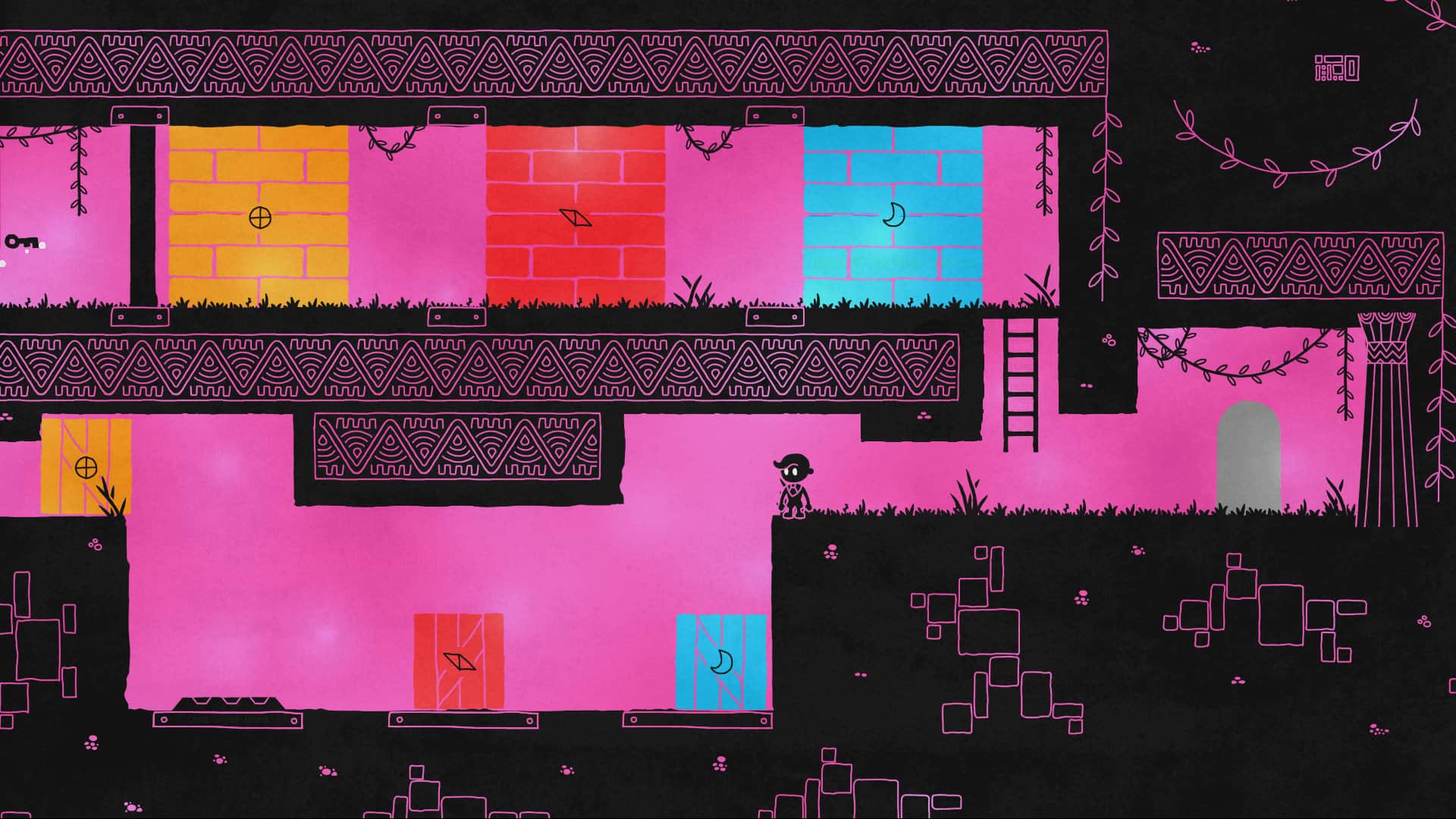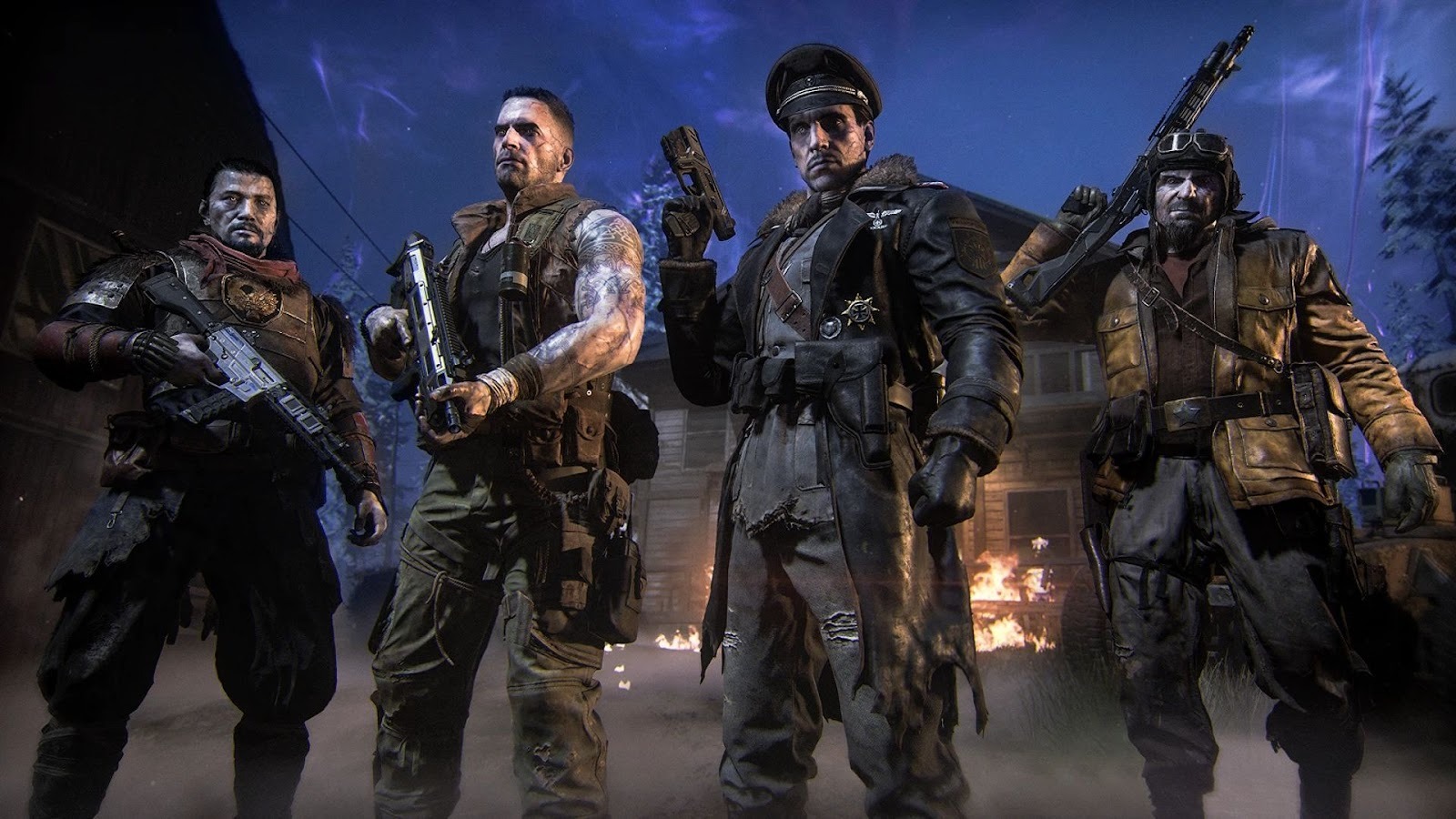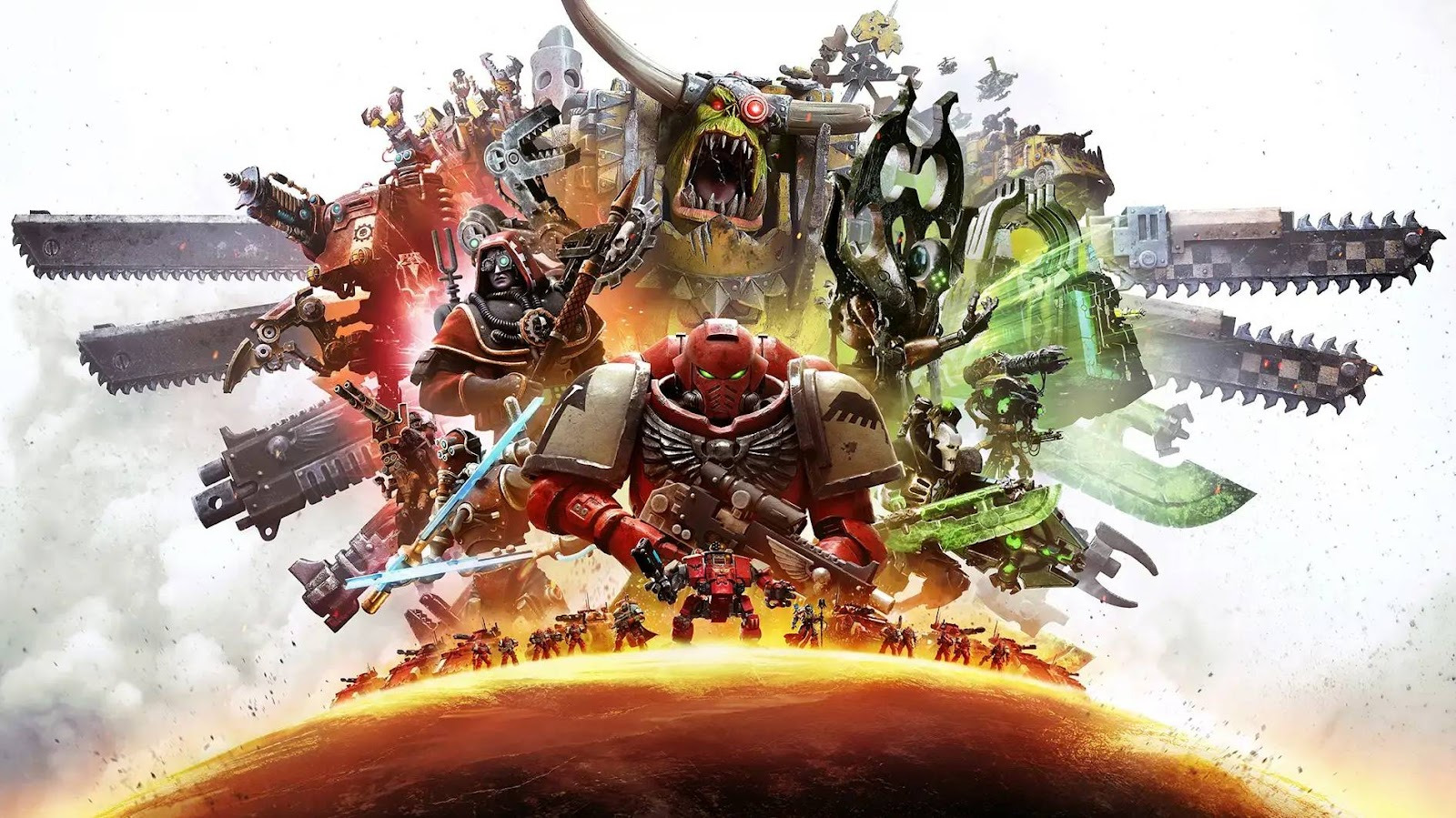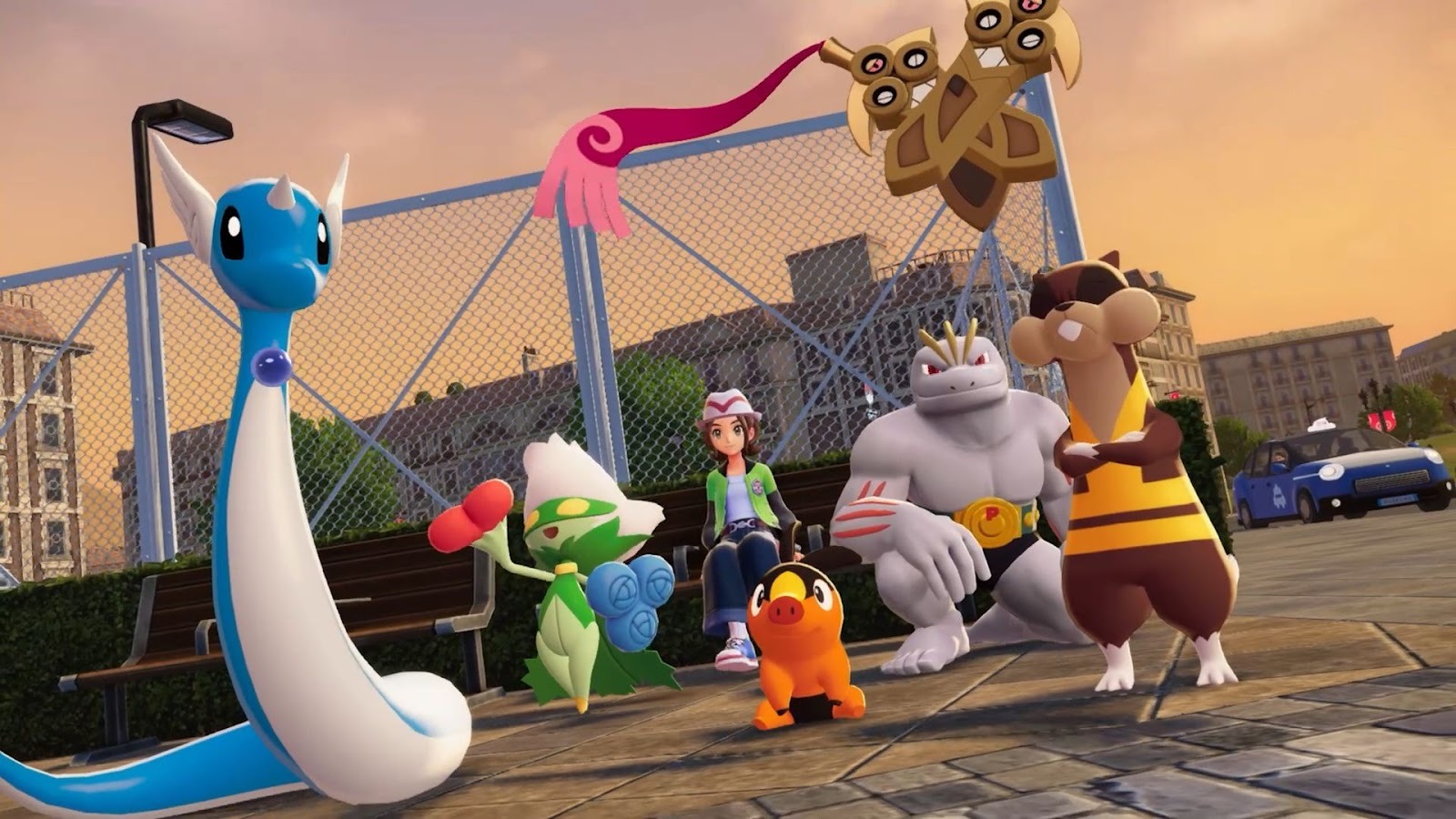You can trust VideoGamer. Our team of gaming experts spend hours testing and reviewing the latest games, to ensure you're reading the most comprehensive guide possible. Rest assured, all imagery and advice is unique and original. Check out how we test and review games here
Steve Burns, Contrarian-in-Chief – PES 2017 demo, PS4, Virginia, PC
Listen, I’ve been playing PES again. But wait! It’s PES 2017! And, well, it’s pretty good. Even my friends who love FIFA like it. Which is weird, given that people who like FIFA are scum sucking dogs, the dregs of humanity, the…No. Let’s not exaggerate here: they’re perfectly fine people, mostly. Anyway, what I’m saying is that new PES is really good and you should go and play the demo.
When you’re done, check out Virginia. If your number one problem with so-called walking simulators is all that walking, then Virginia is the game for you. Set in the early 90s, it draws inspiration from all manner of mystery/thriller shows – Fargo, Twin Peaks, Early Edition (maybe not) – but its cleverest lift isn’t Lynch’s aesthetic: it’s good old fashioned editing. Could be something very good indeed.
Anyway, I’m off now. It has, as ever, been a pleasure. See ya.
Jim Trinca, Kick-Ass Video Man – Star Trek
/https://oimg.videogamer.com/images/d030/star_trek1.jpg)
This week I haven’t played anything, because all videogames are bad. So I’m going to talk about Deep Space Nine instead, under the barely-required justification that it was via Netflix running on a games console (a bad device, designed and manufactured by bad people, for bad reasons).
Deep Space Nine is the greatest science-fiction TV show of all time, not just because of its complex, intermingling character drama, or the fact that it depicts a constantly escalating war over a span of seven years. It is the greatest science-fiction TV show of all time because, as a part of the Star Trek franchise, its primary function is to deconstruct – then assassinate – the core principles of Star Trek.
Particularly, the principles of its vastly more popular sister show, Star Trek: The Next Generation. Its harmonious interstellar society. Its sugary sweet depiction of a military organisation being more akin to a cruise ship fleet, with Starfleet personnel keeping spouses and children on board the Enterprise as if it isn’t a f***ing city-sized platform for weapons of mass destruction, and could be called on at any second to do a war. Star Trek’s nonsense, basically. Commander Sisko, in a second season episode about, among other things, a terrorist organisation called The Marquis, sums up Star Trek: The Next Generation’s utopian absurdity in one perfect line: “it’s easy to be a saint in paradise”.
That episode aired in 1994, when Bill Clinton was in the white house, the economy was booming, the environment wasn’t imminently about to collapse and the events of the early 2000s that plunged human civilization into this horrid dark-timeline version of itself were inconceivable and over half a decade away.
Also, the discourse around video games had barely progressed beyond “how many guns”, and was about 15 years removed from being in a state where metropolitan bellends like me tossing off about 20 year-old TV shows could be gainfully employed and regularly published. F*** me.
It was easy to be a saint back then.
Simon Miller, I mean, just the biggest dude you’ve ever seen – Hue, Xbox One
/https://oimg.videogamer.com/images/7db4/huepng.jpg)
This week I have been playing Hue. Ticking every box in the ‘I am an indie title in 2016’ list – including sad piano music so you know it’s more important than other games – if you’ve ever played the likes of Limbo or Rain you know what to expect.
Hue’s big idea is that it (yes) revolves around colour. Due to the evil Dr Gray (and if you can’t work out that pun stop reading this now. I don’t want you here) stealing all manner of shades from the world, you have to find and restore them in order to bring light back to an otherwise dreary environment. You do this, of course, by solving puzzles.
Hue is equipped with a handy colour wheel that allows any background colour to be changed with the press of a button and in turn, transform what is and isn’t available to you. So, for example, if a room is orange and you turn it blue, a crate or a door may suddenly become visible and free to use.
It’s a solid mechanic and makes for some decent brain-teasers along the way – more often than not Hue does a good job in keeping you hooked.
This isn’t true when the game’s narrator decides to fill you in on the story, though. That’s annoying and stupid. But that’s when you push the mute button and put on Master Of Puppets instead. If nothing else, the juxtaposition of all-out thrash mixed with quaint indie bulls*** is nice.
Either way, Hue is alright.
Hue
- Platform(s): iOS, Linux, macOS, Nintendo Switch, PC, PlayStation 3, PlayStation 4, PS Vita, Wii U, Xbox One
- Genre(s): Adventure, Board Games, Indie, Platformer, Puzzle

/https://oimg.videogamer.com/images/4547/pes_2017_21.jpg)






